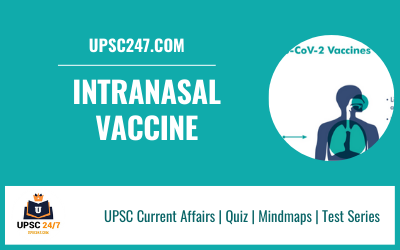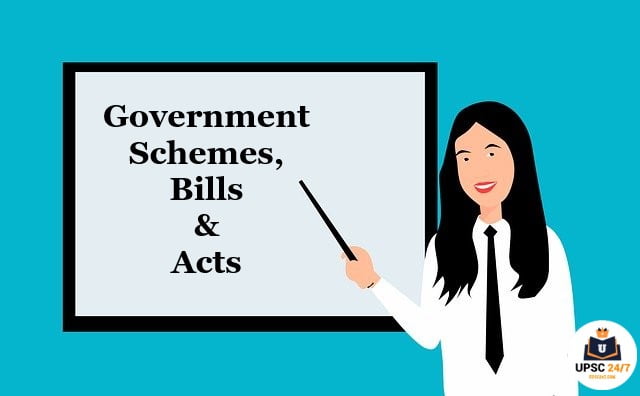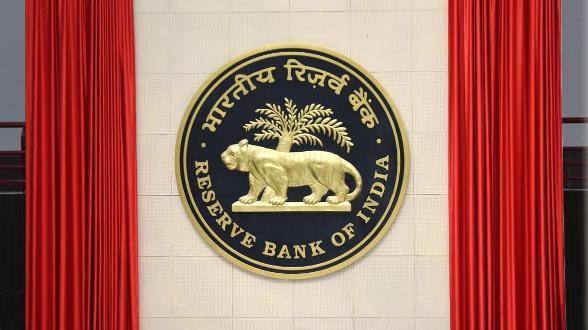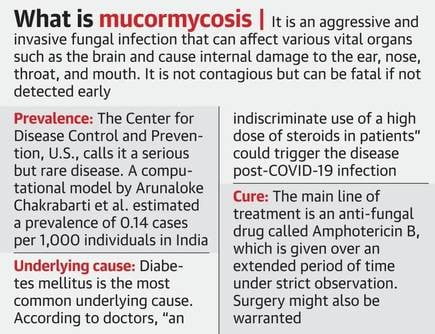Air Prevention And Control of Pollution Act of 1981 | UPSC – The Air Act was passed under Article 253 of the Constitution of India and in pursuance of decisions of Stockholm Conference.
The Air (Prevention and Control of Pollution) Act of 1981, or the Air Act, was a law passed by the Parliament of India to prevent and control the harmful effects of air pollution in India. This act is seen as the first concrete step taken by the government of India to combat air pollution.
What is Air Pollution ?
Air pollution is defined as the presence of any liquid or gaseous substances in the atmosphere in such a concentration which tends to be injurious to man, animals, plants or environment.
The following are the definitions under the Air (Prevention and Control of Pollution) Act.
- Section 2(a) defines an ‘air pollutants’ as any solid liquid or gaseous substance which may cause harm or damage the environment, humans, plants, animals or even damage property. A 1987 amendment to the act also added ‘noise’ in the list of harmful substances.
- The air act defines ‘air pollution’ as the presence of any dangerous pollutant that makes the air unbreathable
- Section 2 (g) of the Act also set up the Central Pollution Control Board (CPCB) whose powers extended to the whole of India. To carry out the directives of the CPCB the act also called for the setting up of the State Pollution Control Board (SPCB) for the individual states of India
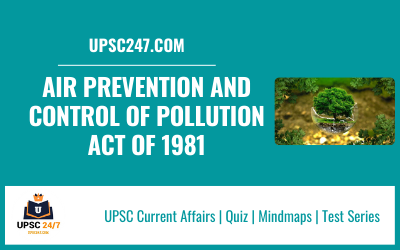
Air Prevention And Control of Pollution Act of 1981 | UPSC
| Name Of Act |
|
| Amemnded In Which Year |
|
| Objective |
|
|
Key features of the Air Act |
The key features of the Act include: Convention On Biological Diversity UPSC | Explained
|
| Demarcate high pollution areas |
|
| Pollution boards duties |
|
| Noise as pollution |
|
| Emission control |
|
| Penalty on polluter |
|
Questions Based On Air Act :
Q 1: The Air (Prevention and Control of Pollution) Act was enacted in the year:
|
Q 2 : Noise pollution has been inserted as pollution in the Air Act in:
|

